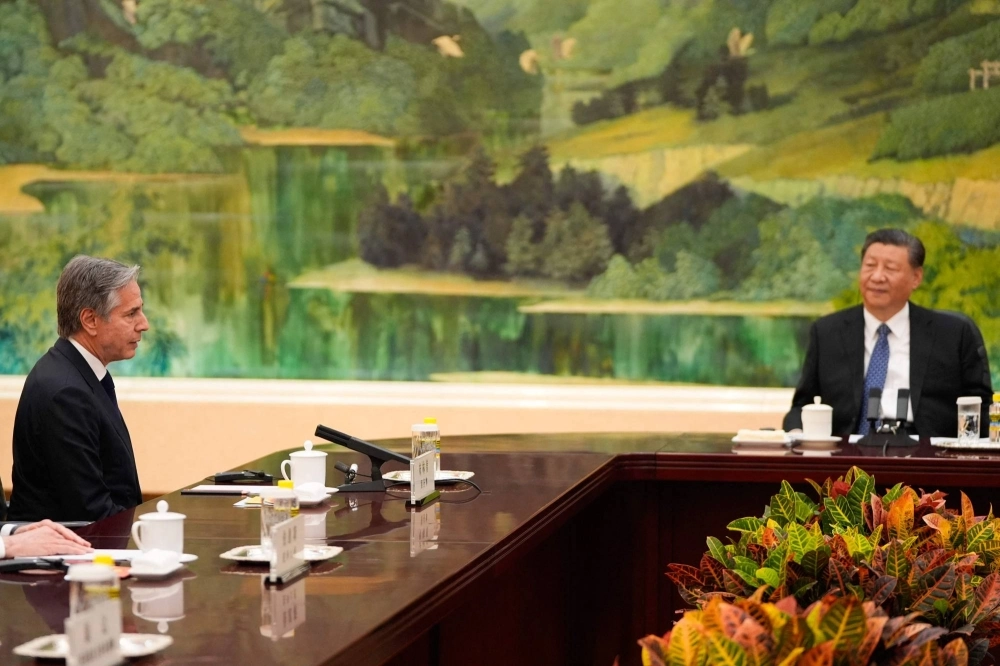Can you feel the ground shifting? I’m not referring to the temblors that recently struck Japan. Rather, I’m talking about what looks like a growing sense of frustration in China as it deals with the United States.
The Asian giant is a country that once exulted in a rise to power ordained by historical forces and has been looking shaky and uncertain as it competes — my word, not that of the Chinese; they don’t believe that concept captures this moment — with the West.
Irritation colored last week’s brief visit to China by U.S. Secretary of State Antony Blinken, with Chinese officials from President Xi Jinping down making clear their displeasure with U.S. policy. Other developments amplify Chinese anxiety. Europe, once viewed as a reliable softener of Western policy against Beijing, appears to be taking a harder line. Add recent measures to update and strengthen Indo-Pacific security mechanisms and mounting unease seems reasonable.

















With your current subscription plan you can comment on stories. However, before writing your first comment, please create a display name in the Profile section of your subscriber account page.